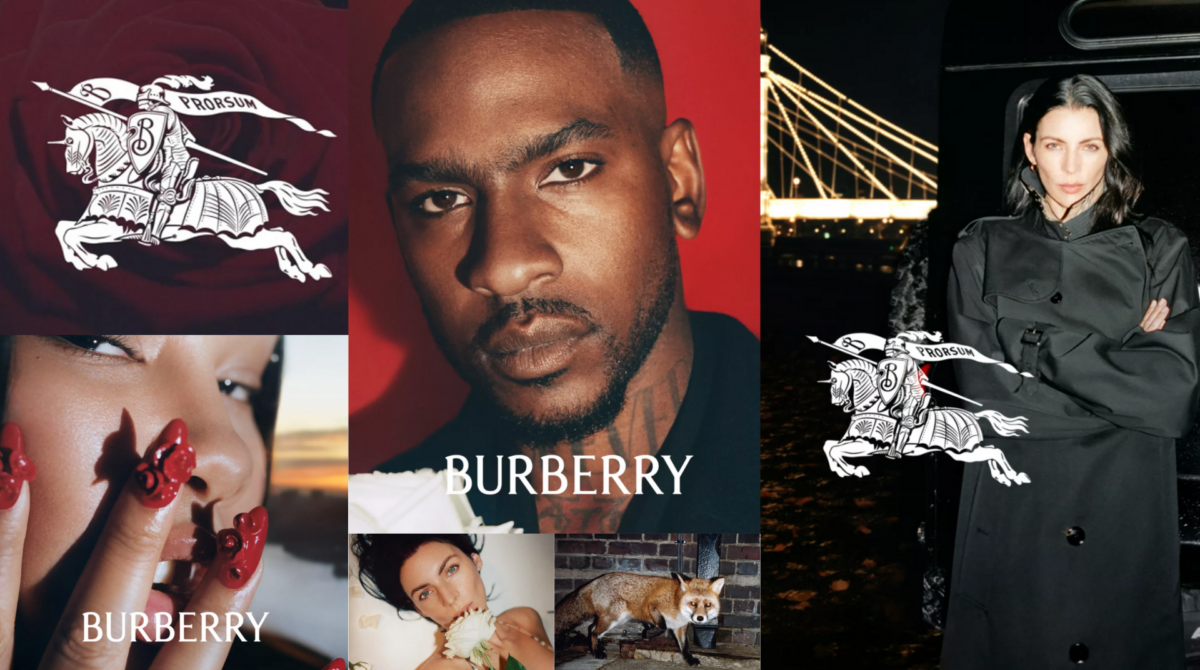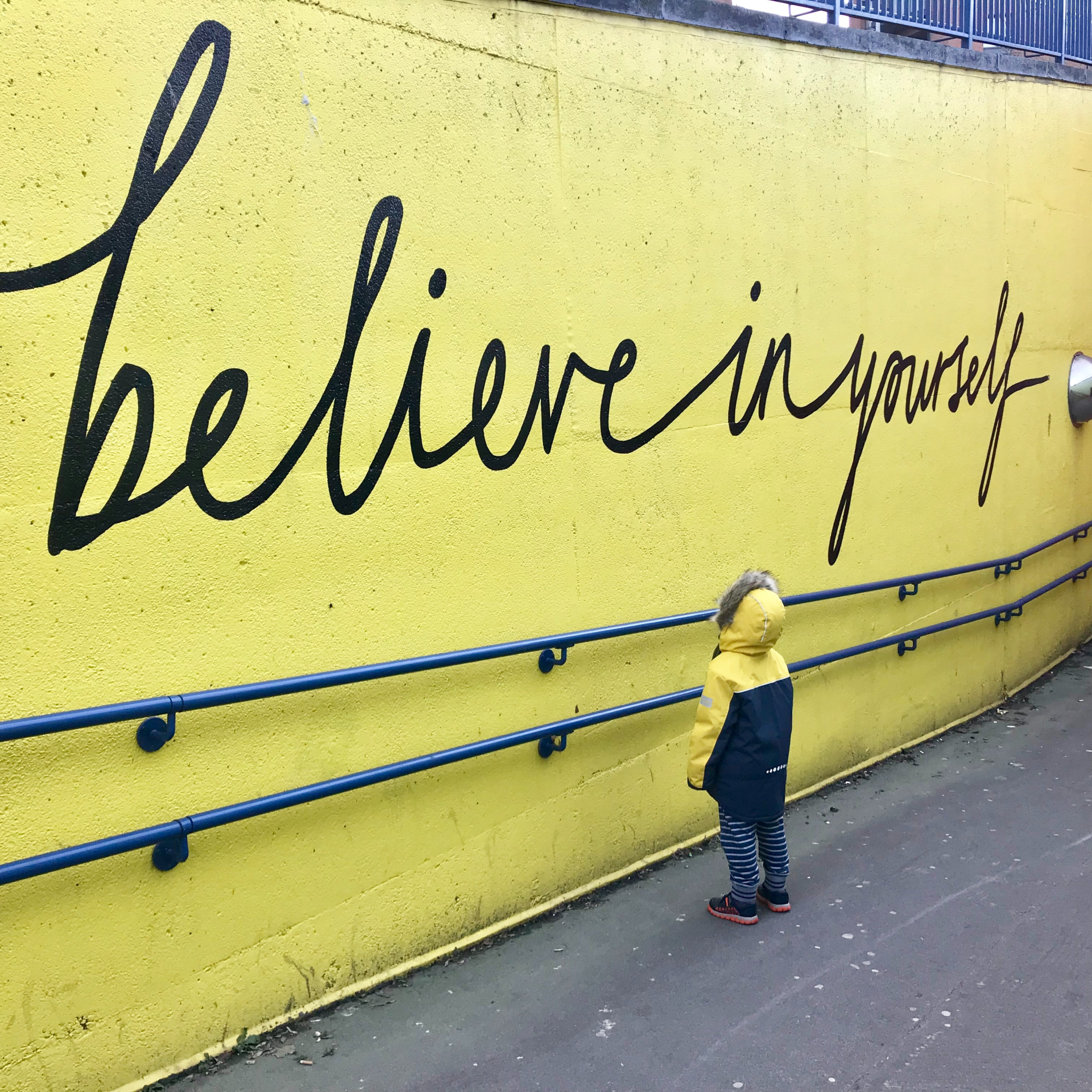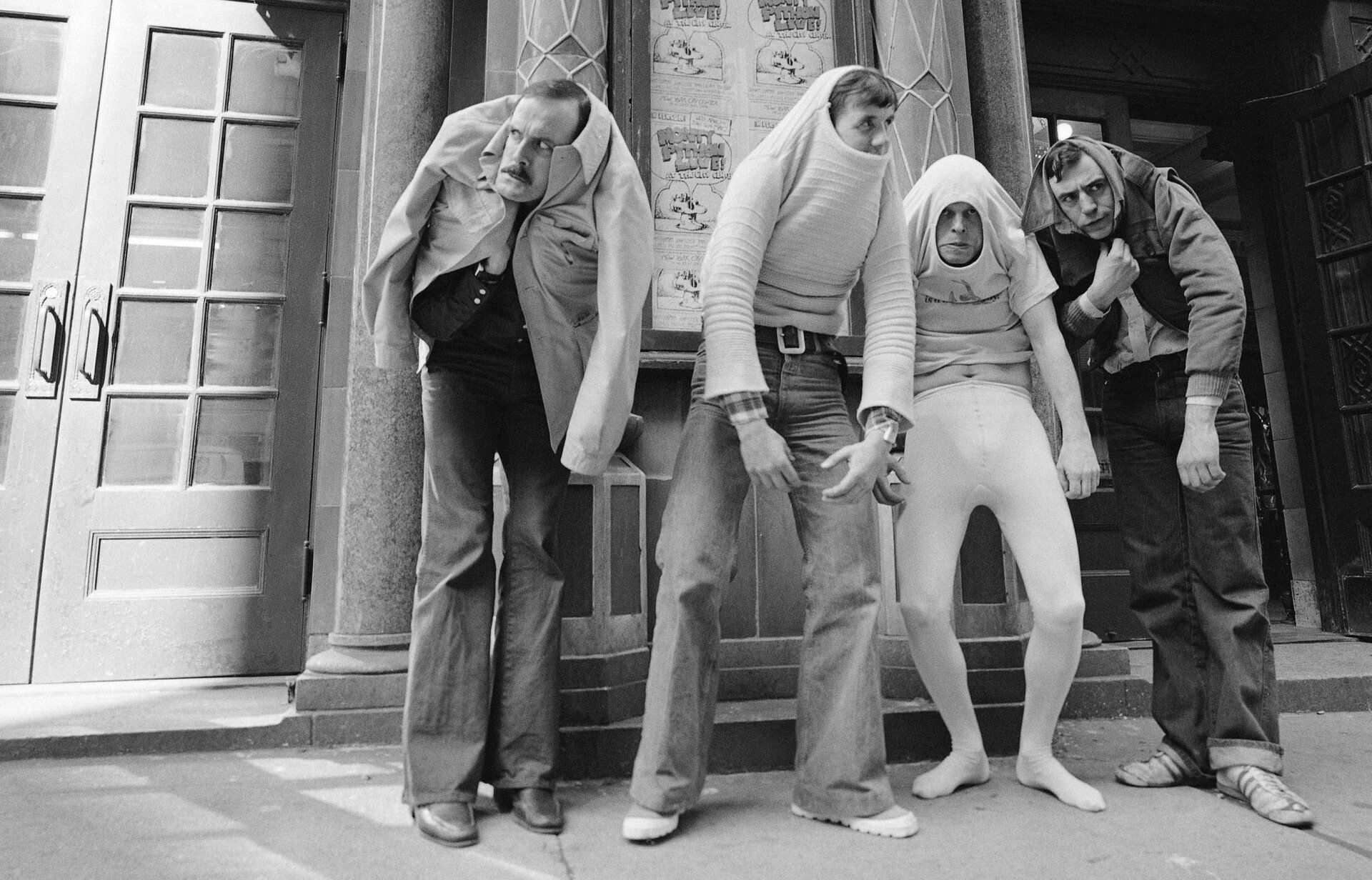Branding: It's More Than Just A Logo
‘In order to stand out, we have to know what we stand for” - Simon Sinek.
The above quote from marketing legend Simon Sinek is something that really struck a chord with me when I first read it. It’s a sentiment I wholeheartedly agree with but, as is demanded by a Tweet (the medium that I saw it posted on), it’s been beautifully distilled into a few words here.
The list of clients Slice has helped
brand - or rebrand - is ever growing and ‘what a company stands for’ is something
I always try to keep at the forefront of my mind when delivering our Marketing Lab workshops.
So strongly do I believe in it, in fact, that I’ve presented it to hundreds of kids across the region as part of my work with
FEO
and their drive to help inspire entrepreneurship in young people.
However, how many brands can really claim to live by this?
As is often the case, the best advice is easy to endorse, embrace and recite; much harder to practice.
We all want to stand out and a flashy logo can help with that but it will only take a brand so far.
Brand is much more than just appearance, it’s the promise you make with the customer.
History is a cruel mistress and we’ve seen many brands build strong customer loyalty, only to see it near-instantly
dissipate over one wrong step.
But I was reminded of how a brand can fully embody this idea - perhaps to a fault, only time will tell - when fashion brand
Patagonia announced big plans this week.
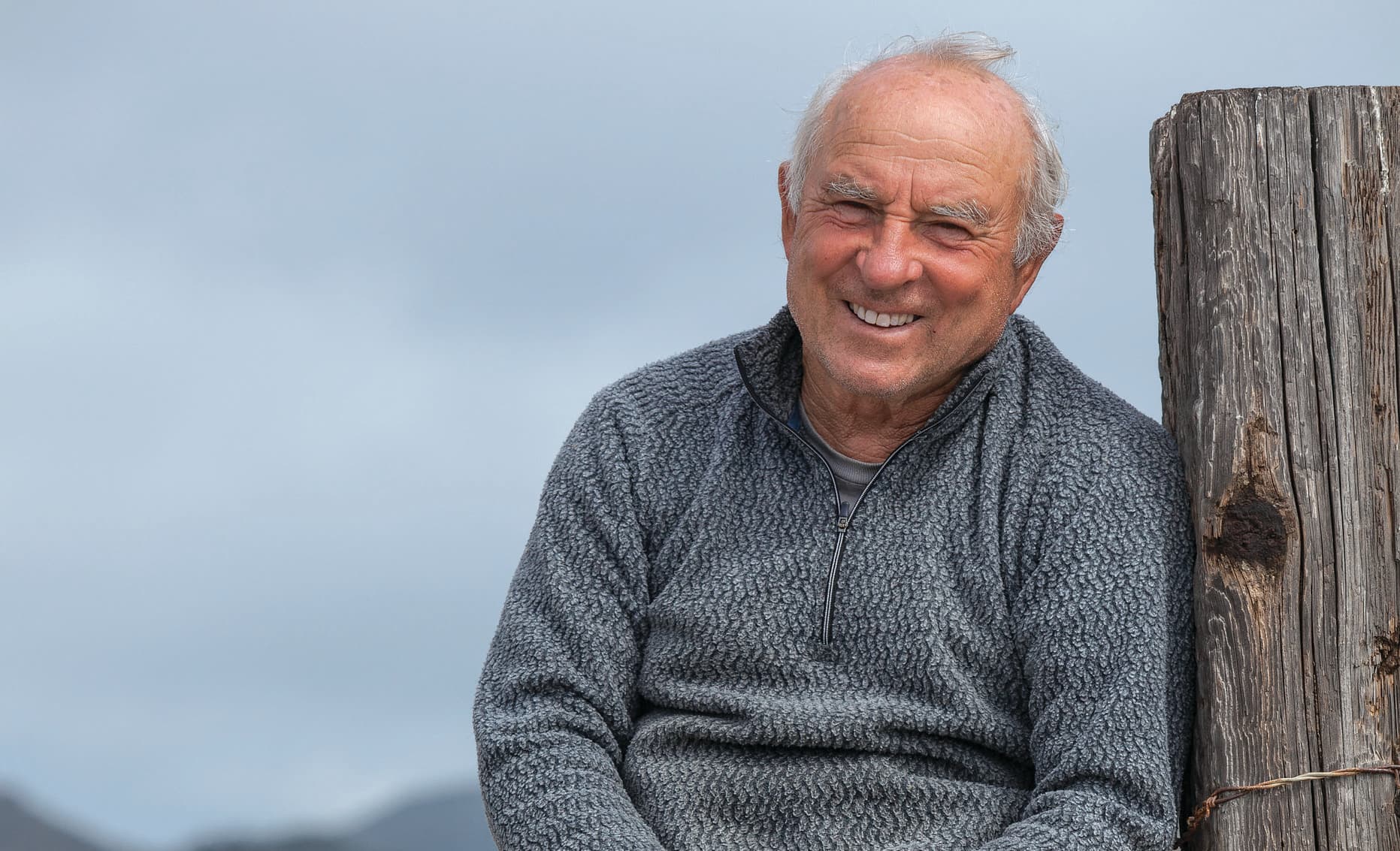
Yvon Chouinard, company founder and owner (until recently) has announced he will give the company away. Future company profits will now be diverted to a non-profit organisation, which will be tasked with investing in projects that fight climate change.
The company itself will continue trading as a for-profit entity.
It’s a remarkable statement by Chouinard who became a reluctant billionaire on the back of the company’s success. As a keen rock climber, he founded the business with the intention of providing quality climbing equipment with a keen commitment to the outdoors and nature.
Now, I appreciate there is a wider statement being made here and ecology is at the heart of the decision. But, perhaps inadvertently on many occasions, Chouinard really does embody the principles of his company, pillars that have remained from inception
to this day.
Early reaction has been almost unanimously positive and demonstrates that constantly reaching for profits isn’t
necessarily the ultimate driver of success.
As Yvon Chouinard put it himself in the
New York Times: “Now I could die tomorrow and the company is going to continue
doing the right thing for the next 50 years, and I don’t have to be around.”
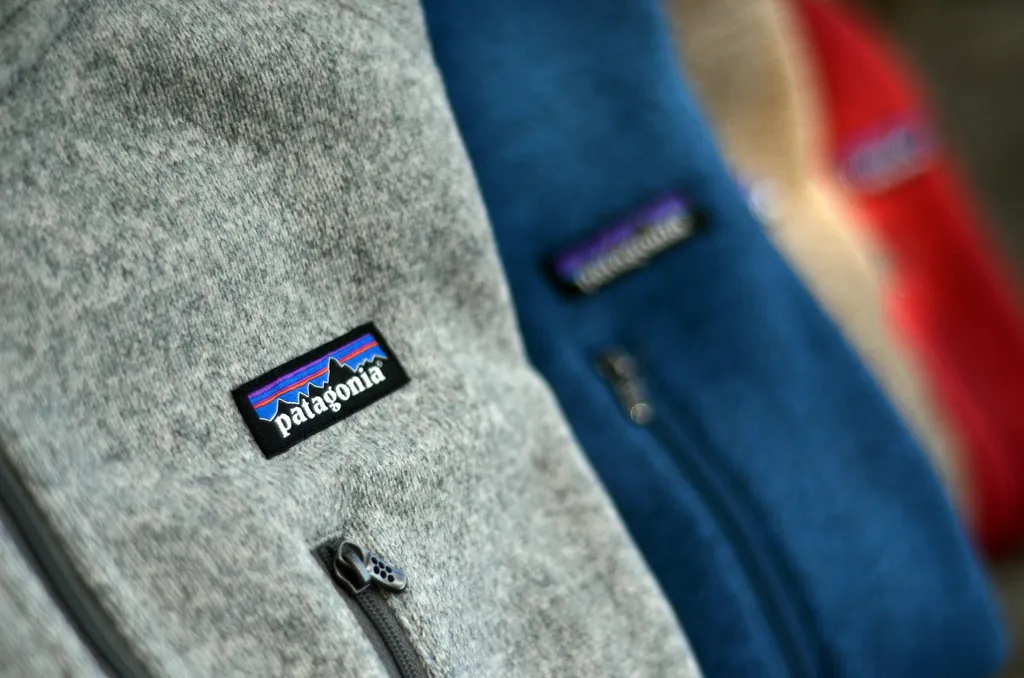
However, Ted Clark, executive director of the Northeastern University Centre for Family Business did warn that: “If you take all the financial incentives away, the family will have essentially no more interest in it except a longing for the good old days.”
Personally, I think the family decision transcends profits and capitalism but the irony in this is, in staying true to brand principles, they are likely to increase brand loyalty, PR exposure and perhaps ultimately sales.
In turn, this will drive company profits and, given the new structure, provide further funds to be invested in the former owner’s
true passion.
Consider if there had been a different approach, if the company had been totally profit-centric, even with a view to reinvesting
some revenue into charitable causes, at the expense of their brand principles.
I’d venture it wouldn’t have provided the same returns.
Ultimately, regardless of the motives for your business, it demonstrates just how highly you should value your brand and
certainly how it shouldn’t be mixed up with a shiny new logo.
